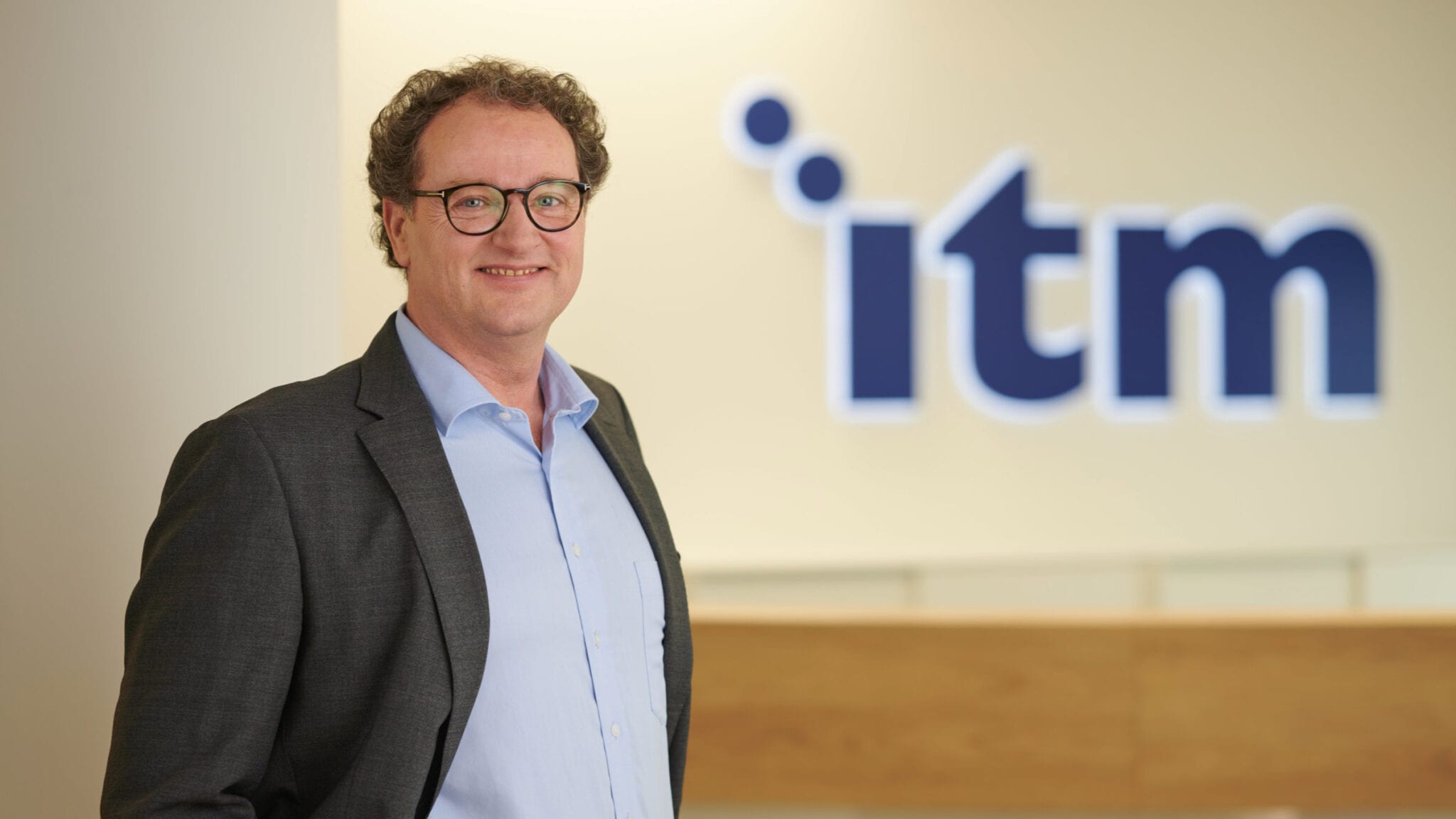
Steffen Schuster, ITM CEO
Radiopharma remains hot as Germany's ITM raises $109M to advance neuroendocrine cancer program
The world of radiopharmaceuticals has been heating up over the last few years, and Thursday saw another company focused on the field pull in a …
Sign up to read this article for free.
Get free access to a limited number of articles, plus choose newsletters to get straight to your inbox.